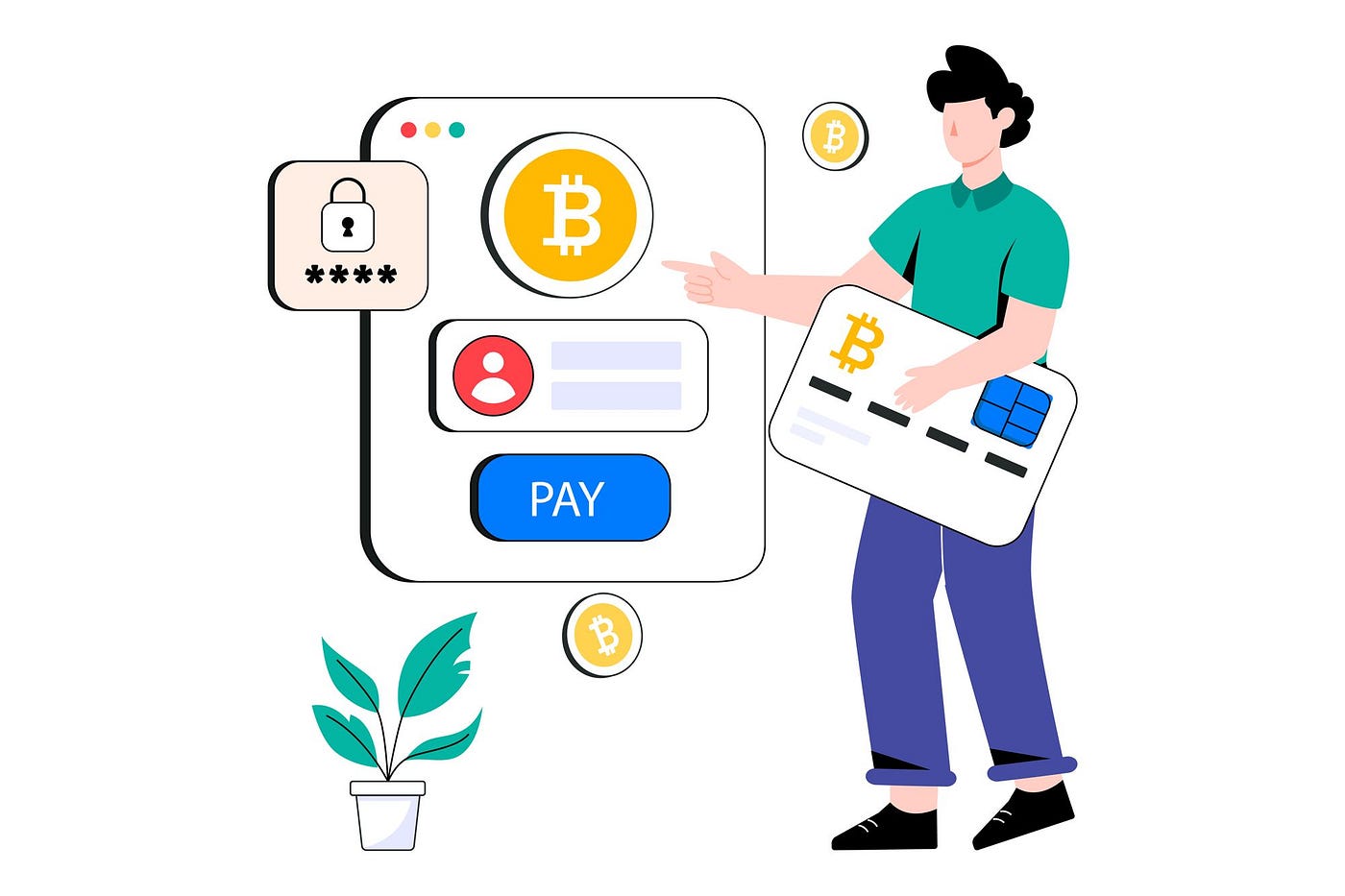Navigating the integration of Bitcoin payments on your website can seem daunting at first, with the landscape of digital commerce constantly evolving. The move towards embracing cryptocurrencies like Bitcoin is not merely keeping up with trends but stepping into the future of financial transactions. As the credibility and adoption of Bitcoin grow, so does the importance for businesses to adapt and offer it as a payment method. This guide aims to demystify the process and provide a comprehensive walkthrough for seamlessly incorporating Bitcoin into your online platform, ensuring your business remains competitive in this digital age.
Selecting a Bitcoin Payment Processor
The journey to enabling Bitcoin transactions on your site begins with choosing the right payment processor. This foundational step involves evaluating various services based on criteria such as transaction fees, integration simplicity, cryptocurrency diversity, security protocols, and customer support availability. Opting for a processor that aligns with your business requirements and can be easily integrated into your existing setup is paramount. Renowned processors, including Lunu, Blockonomics, and CoinGate, offer robust platforms for facilitating Bitcoin payments, ensuring a streamlined experience for both merchants and consumers.
Integrating a Bitcoin payment gateway
is the next pivotal move. Esteemed processors furnish detailed guides and plugins compatible with major e-commerce ecosystems, including WordPress, Shopify, and Magento. This phase involves registering for the service, acquiring API keys, and customizing your site’s checkout experience to include Bitcoin payment options like buttons, QR codes, or forms. Prior to officially launching, conducting thorough tests in a sandbox environment is crucial to confirm the flawless processing of transactions. This meticulous approach guarantees a secure and user-friendly Bitcoin payment setup on your website.
Fine-Tuning Your Bitcoin Payment Gateway
With the gateway in place, the focus shifts to fine-tuning its settings to harmonize with your online storefront. This entails specifying accepted cryptocurrencies, configuring transaction confirmation processes, and setting up real-time currency conversion, if necessary. Ensuring the checkout interface prominently displays Bitcoin as a payment option and facilitates smooth transaction notifications significantly enhances user experience and satisfaction.
Weighing the Benefits and Drawbacks of Bitcoin Acceptance
Pros:
- Global Reach: Bitcoin’s universal nature eradicates currency conversion barriers, broadening your customer base.
- Enhanced Security: Leveraging cryptographic security and blockchain technology, Bitcoin transactions offer a high level of security, minimizing fraud and chargebacks.
- Decentralization: By facilitating direct, peer-to-peer transactions, Bitcoin cuts out traditional financial intermediaries, potentially reducing transaction costs.
- Privacy: Bitcoin transactions offer enhanced privacy, as they do not necessitate the exchange of personal information.
Cons:
- Volatility: The price of Bitcoin can fluctuate widely, which might be challenging for businesses seeking stability in their transactions.
- Limited Adoption: Despite growing popularity, Bitcoin is not universally accepted, which could limit its utility in some contexts.
- Regulatory Uncertainty: The regulatory landscape for cryptocurrencies is still evolving, presenting potential compliance challenges.
- Irreversible Transactions: The inability to reverse Bitcoin transactions once confirmed necessitates meticulous address verification and fraud prevention measures.
Ensuring Transaction Security
To safeguard your business and clientele, employing stringent security measures for Bitcoin transactions is essential. Utilizing secure wallets, enabling two-factor authentication, educating your team on security best practices, and opting for multi-signature wallets are among the strategies to mitigate risks. Regular transaction audits, employing cold storage for significant Bitcoin reserves, and choosing reputable payment processors further enhance security.
Managing Refunds and Regulatory Compliance
Effectively handling refunds in Bitcoin requires a clear policy and responsive communication, ensuring refunds reflect the current exchange rate. Regulatory compliance, including adhering to Anti-Money Laundering (AML), Know Your Customer (KYC), and Customer Due Diligence (CDD) guidelines, is crucial for legal operation. Staying abreast of evolving cryptocurrency regulations and seeking expert advice can help navigate this complex landscape.
Conclusion
Incorporating Bitcoin as a payment option on your website is a strategic move that positions your business for future growth in the digital economy. By carefully selecting a payment processor, integrating and configuring the payment gateway, and addressing security and regulatory considerations, you can offer your customers a secure, innovative payment method. As the digital currency landscape continues to evolve, embracing Bitcoin payments can distinguish your business as a forward-thinking entity ready to meet the demands of the global marketplace.




